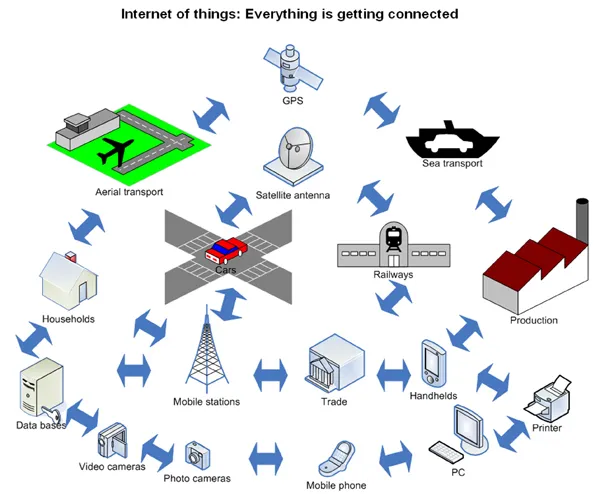PayByPhone, a leading international provider of systems for parking and urban mobility payments, has announced one of the largest deployments of near field communications (NFC) payment solutions in the world. T
April 25, 2012
Read time: 2 mins
The PayByPhone system, already deployed in the Castro district will be extended citywide as installation of the stickers is completed. The PayByPhone NFC sticker has a passive electronic chip that does not require a battery and stores information such as the parking space number that can be read wirelessly by any NFC-enabled phone.
Since each meter in San Francisco will have a PayByPhone sticker, users can simply wave or tap their NFC-enabled phones over the NFC sticker on the meter to automatically launch the parking application. The mobile payment system recognises the user, identifies the individual parking location, and the driver enters the desired parking time to complete the transaction. The system then sends a text message reminder before the parking period expires, and if needed, allows additional time to be purchased by phone from any location (subject to time limit restrictions). A receipt is automatically sent to the user’s email account. Payment is processed against a credit or debit card associated with the mobile phone number.
“This is one of the largest deployments of NFC technology in the United States and shows the practical benefits this technology can deliver in terms of ease of use and convenience.There has been a lot of hype around NFC recently and PayByPhone is pleased to now put the technology in the field for real world applications,” said Neil Podmore, VP of Business Development at PayByPhone. “We expect this to help kick start the more widespread adoption and understanding of the practical benefits of NFC in 2012.”







